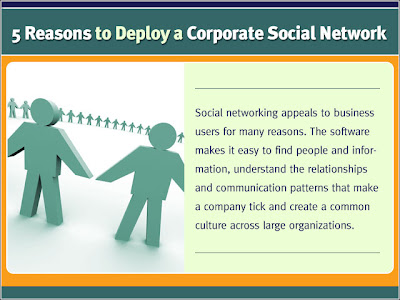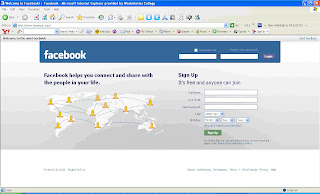
MTV’s True Life documentaries are known for their shocking, real and often emotional moments. The women featured in this episode found a battle within themselves and their alter ego on the web. The episode, I Live Another Life on the Web, and this article I discovered are both very pertinent to many of our class discussions. Not surprisingly, these issues occur frequently and affect many individuals throughout their lives.
During our various class discussions, we have agreed that many individuals use the web as a convenient method to hide their insecurities. Also, in one of our most recent handouts we discussed different terms that we use to define ourselves. Among these terms we discussed that, many of these women had an unrealistic self-concept and unhealthy methods of developing their self-esteem.
It is very simple for an individual, such as the women in the episode and the article, to discover hidden confidences through their online identities. However, the results can be positive because various users such as Keiko, a Second Life user from True Life, were able to build their confidence online and slowly direct their energy to everyday life. On the subject of Second Life, the article discussed the lack of physical barriers when an individual uses this 3-D virtual world. This is a valid point because an individual who is not physically capable can meet other people from around the world, without being judged on their differences.
Second Life users are able to configure their “avatar” to be something or someone they have always desired. To be fair, I am sure many users model the avatar after themselves, but it is still difficult to convey an accurate portrayal of individual’s personality. In addition, online alter egos allow individuals to delay their problems, such as social anxiety in the case of Judy from True Life. It is simple to use an alter ego as a quick fix, but generally the solutions are not long term.
However, there are many problems with users becoming dependent on their online alter ego. People are not being themselves and potentially giving others a false sense of relationship. Are relationships developed online focused more on a user’s real world persona or their alter ego? This is a difficult question to answer and it may be subjective depending upon the individual and their online participation.
The individuals featured in the article and documentary, have expressed various reasons for their online participation, but the results are similar. They are living another life losing sight of valuable face-to-face communication and their desire to evolve themselves into the person they want to be.
During our various class discussions, we have agreed that many individuals use the web as a convenient method to hide their insecurities. Also, in one of our most recent handouts we discussed different terms that we use to define ourselves. Among these terms we discussed that, many of these women had an unrealistic self-concept and unhealthy methods of developing their self-esteem.
It is very simple for an individual, such as the women in the episode and the article, to discover hidden confidences through their online identities. However, the results can be positive because various users such as Keiko, a Second Life user from True Life, were able to build their confidence online and slowly direct their energy to everyday life. On the subject of Second Life, the article discussed the lack of physical barriers when an individual uses this 3-D virtual world. This is a valid point because an individual who is not physically capable can meet other people from around the world, without being judged on their differences.
Second Life users are able to configure their “avatar” to be something or someone they have always desired. To be fair, I am sure many users model the avatar after themselves, but it is still difficult to convey an accurate portrayal of individual’s personality. In addition, online alter egos allow individuals to delay their problems, such as social anxiety in the case of Judy from True Life. It is simple to use an alter ego as a quick fix, but generally the solutions are not long term.
However, there are many problems with users becoming dependent on their online alter ego. People are not being themselves and potentially giving others a false sense of relationship. Are relationships developed online focused more on a user’s real world persona or their alter ego? This is a difficult question to answer and it may be subjective depending upon the individual and their online participation.
The individuals featured in the article and documentary, have expressed various reasons for their online participation, but the results are similar. They are living another life losing sight of valuable face-to-face communication and their desire to evolve themselves into the person they want to be.


